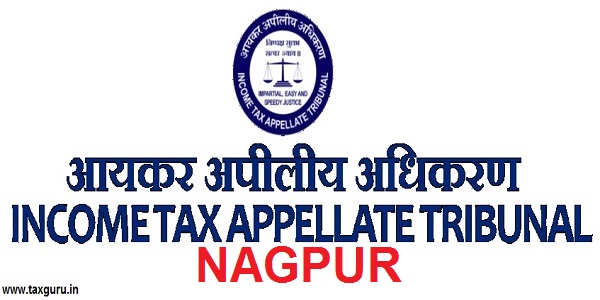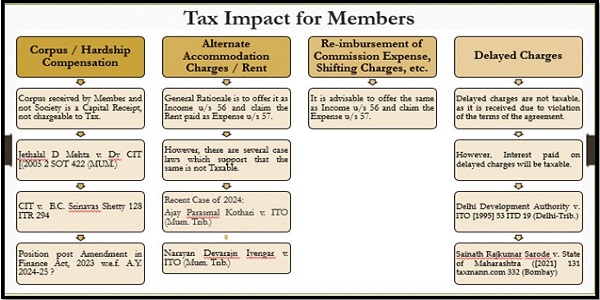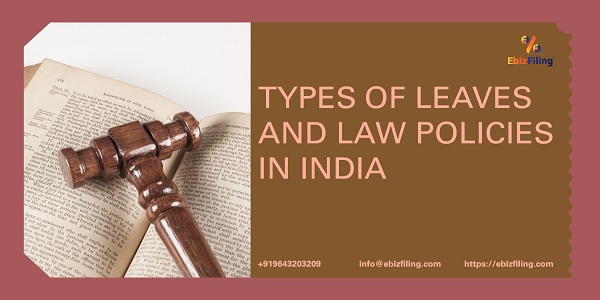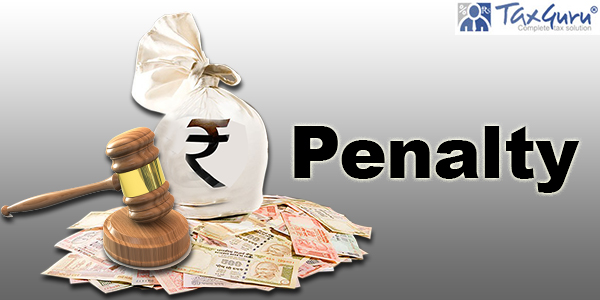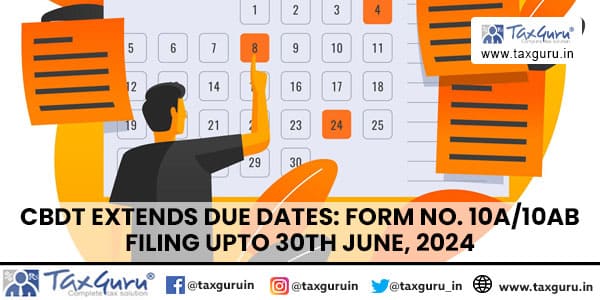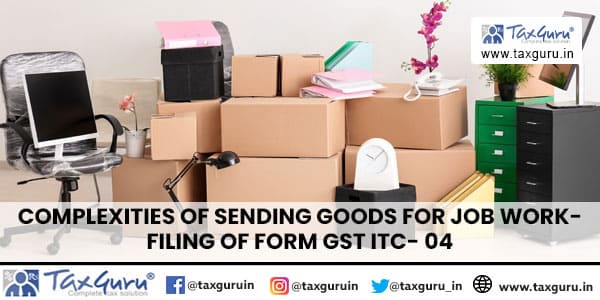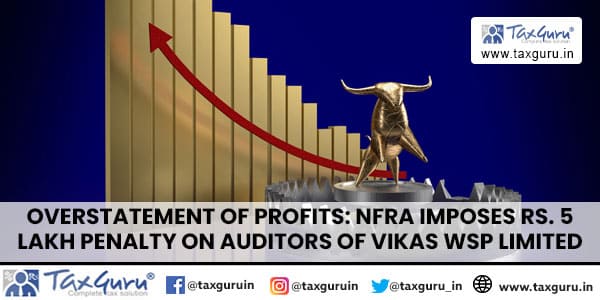R.K RENGARAJ
 Introduction : The Central Sales Act, 1956 does not have a provision authorizing forfeiture of excess tax collected but not remitted to the Revenue and therefore forfeiture cannot be ordered by reliance merely on forfeiture provisions in the APGST Act. The provisions can only be recourse to assess, reassess, collect and enforce payment of any tax or other substantive provisions of the CST Act. The question of law presented for consideration in the revisions filed by the Department under section 22 (1) of the Andhra Pradesh General Sales Tax, 1957 in the case of State of Andhra Pradesh Vs Hindustan Cables Limited, Hyderabad, were dismissed 57 VST 284.
Introduction : The Central Sales Act, 1956 does not have a provision authorizing forfeiture of excess tax collected but not remitted to the Revenue and therefore forfeiture cannot be ordered by reliance merely on forfeiture provisions in the APGST Act. The provisions can only be recourse to assess, reassess, collect and enforce payment of any tax or other substantive provisions of the CST Act. The question of law presented for consideration in the revisions filed by the Department under section 22 (1) of the Andhra Pradesh General Sales Tax, 1957 in the case of State of Andhra Pradesh Vs Hindustan Cables Limited, Hyderabad, were dismissed 57 VST 284.
Facts of the case: The department officials visited the office of the assessee and noticed, while verifying the sale invoices issued by them, that the assessee collected taxes in excess of the tax remitted to the Revenue. The assessee’s reply was not accepted for the notice of forfeiture. The assessing authority passed an order of forfeiture under CST Act, exercising the power u/s 30B(2) read with section 30C of the APGST Act, 1957. The Appellate Dy Commissioner, CT rejected the appeal and further appeal was filed to the Tribunal. The Tribunal observed that there was no substantive provision for forfeiture of sales tax under the CST Act and the provision under section 10 of the said Act for action by way of penalties against contravention of the provision of section 9A of the CST Act, does not include forfeiture and held that the Revenue cannot invoke provisions of the APGST Act, 1957 under section 9(2A) of the CST Act, to order for forfeiture and allowed the Appeals filed by the Assessee.
The Supreme Court in India Carbon Ltd., Vs State of Assam 106 STC 460 (SC) relying on the Constitution bench judgment in J.K Synthetics Ltd., Vs. Commercial Tax Officer 106 STC 1 (SC) and following the majority view of the constitution bench held that there being no substantive provision in the CST Act for levy of interest on delayed payments of CST (under the provisions of section 35 A of the Assam Sales Tax Act, 1947 are unsustainable and allowed the Appeals. The court also relied the decisions in Khemka & Co 35 STC 571 (SC).
The department relied the case of Leo Engineering 146 STC 393 (Ker) in which the Kerala High Court on its analysis concluded that provisions of CST Act enable the application of the local sales tax law as to the procedure in regard to assessment, collection of tax and enforcement of payment of tax and this regime “takes in the scheme for forfeiture of excess tax collected and for reimbursement of the same to the buyers from whom it is collected. We feel the scope of section 46A of the Kerala Act is consistent with the provisions of the CST Act and action taken under the said provision cannot be questioned for want of jurisdiction”.
The Supreme Court in the case of J.K Synthetics and India Carbon Ltd., observed “any provision made in a statute for charging or levying interest on delayed payment of tax must be considered as a substantive law and not adjective law”. Following these principles, and in view of the binding precedents in Khemka & Co 35 STC 571 SC, the inference is compelling that a provision for forfeiture of tax is a fortitori a substantive provision and not a mere procedural prescription. Therefore no forfeiture could be ordered by reliance merely on the provisions in the APGST Act, 1957.
Conclusion: It is well settled law that penalty is not consequential nor adjunct to the assessment of tax. (vide observations of the Supreme Court in Khemka and Company vs. State of Maharashtra 35 STC 571). In the case of Hindustan Steel Limited vs. State of Orissa, (1970) 25 STC 211), the
Supreme Court made the following pertinent observations:
“An order imposing penalty for failure to carry out a statutory obligation is the result of a quasi-criminal proceeding, and penalty will not ordinarily be imposed unless the party obliged either acted deliberately in defiance of law or was guilty of conduct contumacious or dishonest, or acted in conscious disregard of its obligation”.
Substantive law and procedural law are the two main categories within the law. Substantive law refers to the body of rules that determine the rights and obligations of individuals and collective bodies. Procedural law is the body of legal rules that govern the process for determining the rights of parties. When the CST Act does not have a special substantive provision of forfeiture, the Department is not correct in demanding excess collection of CST in the bills.








